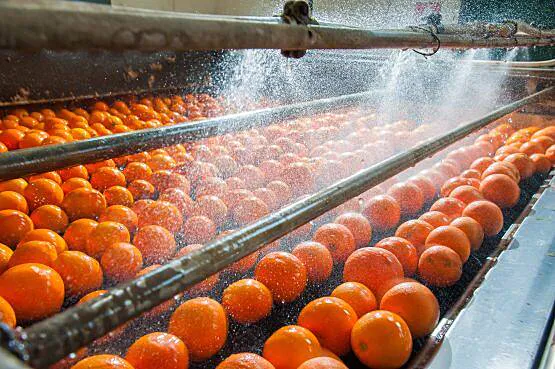New U.S. tariffs set to take effect Wednesday could put 35,000 jobs in South Africa’s citrus industry at risk and devastate local economies, a farmers group warned Tuesday.
The Citrus Growers’ Association of Southern Africa said the 30% reciprocal tariffs announced by the Trump administration would severely impact the country’s top agricultural export, potentially increasing the cost of South African citrus by $4.25 per carton for U.S. consumers.
South Africa supplies citrus to the U.S. during the American off-season and exports more than 6.5 million cartons annually to the market, accounting for 5% to 6% of its citrus exports. The country is the world’s second-largest exporter of oranges and the fourth-largest exporter of soft citrus fruits, according to the World Citrus Organization.
The group said some towns, including Citrusdal near Cape Town, rely heavily on U.S. exports and could face economic collapse due to the new tariffs.
“There is immense anxiety in our communities,” said Gerrit van der Merwe, the association’s chairman and a farmer in Citrusdal.
The tariffs are set to be implemented just as the first citrus of the South African season is being prepared for export to the U.S. The association urged the South African government to prioritize negotiations with Washington to seek tariff reductions or exemptions.
“Citrus is not produced in a factory,” said Boitshoko Ntshabele, CEO of the Citrus Growers’ Association. “South African citrus growers do not compete with U.S. growers, we complement them. Our exports maintain consumer interest when U.S. citrus is out of season, ultimately benefiting American farmers.”
South Africa’s economy has been particularly affected by Trump administration policies. Cuts to U.S. foreign aid have reduced funding for South Africa’s AIDS program, the world’s largest and an executive order halted other federal funds over alleged mistreatment of white minority farmers, some of whom now face additional pressure from the tariffs.

